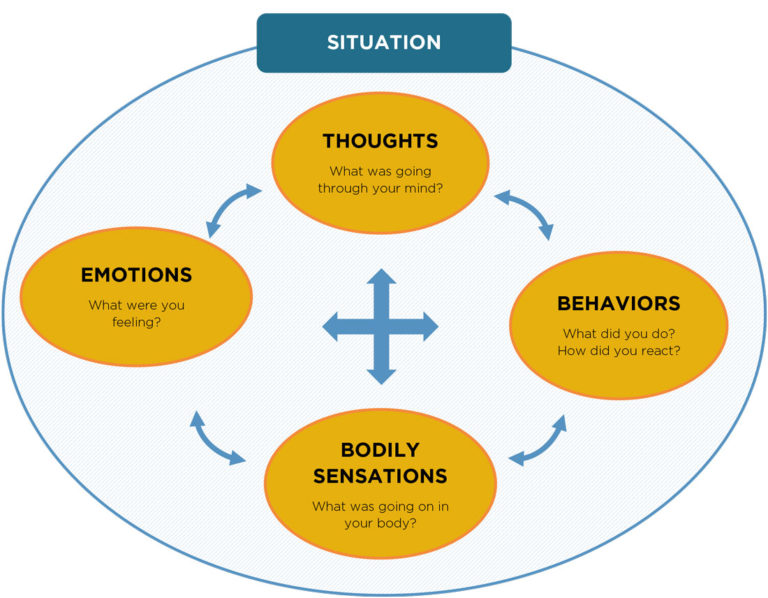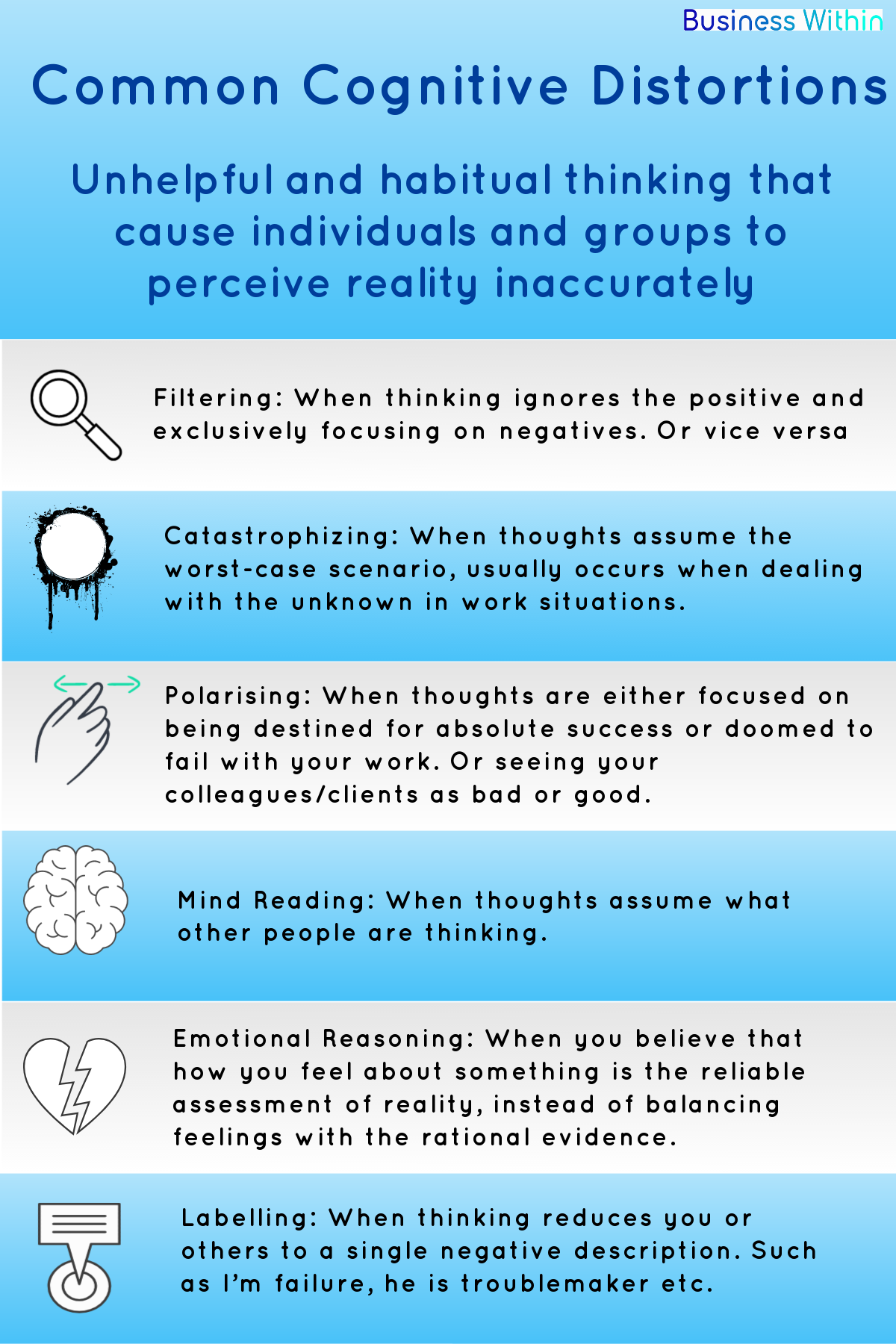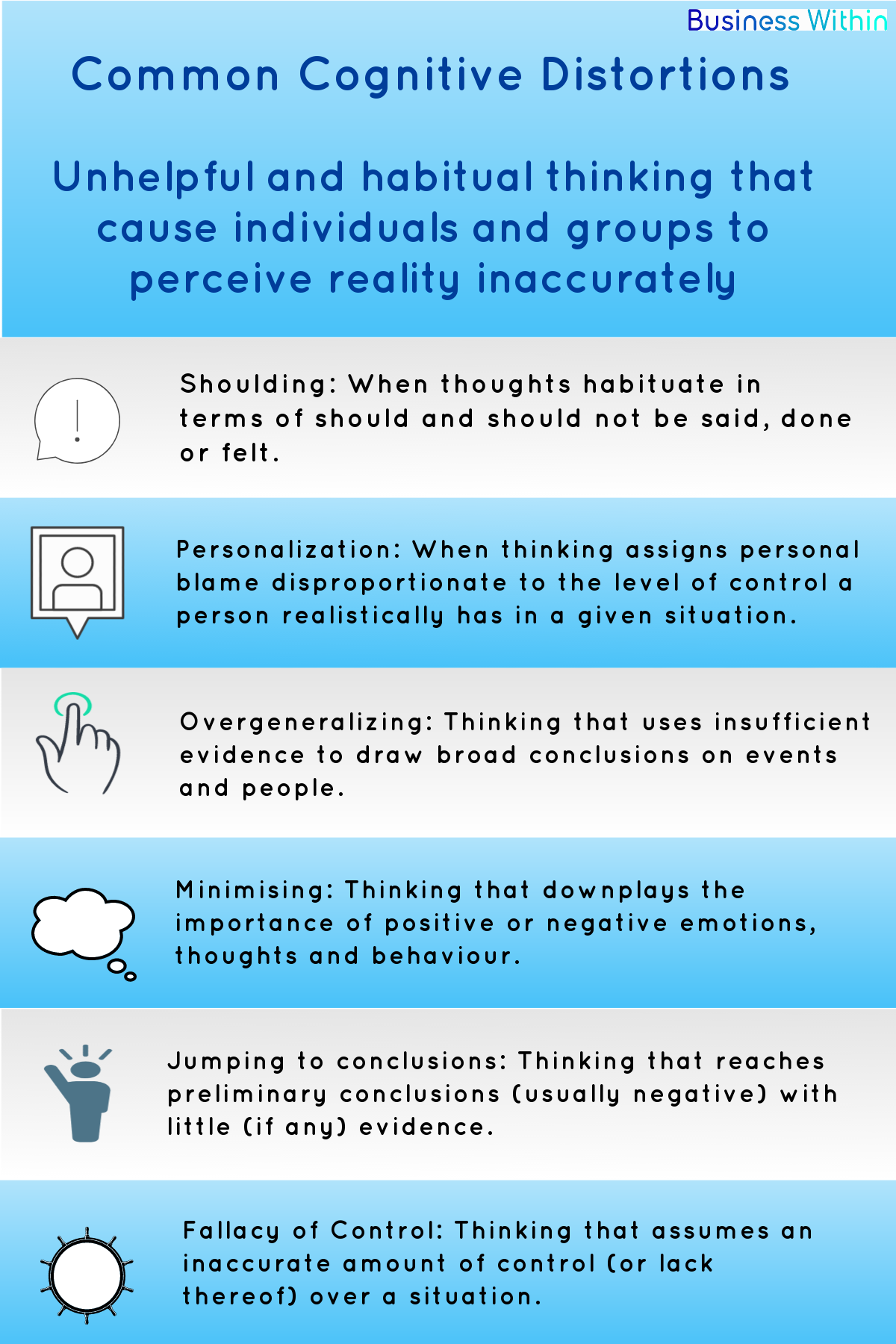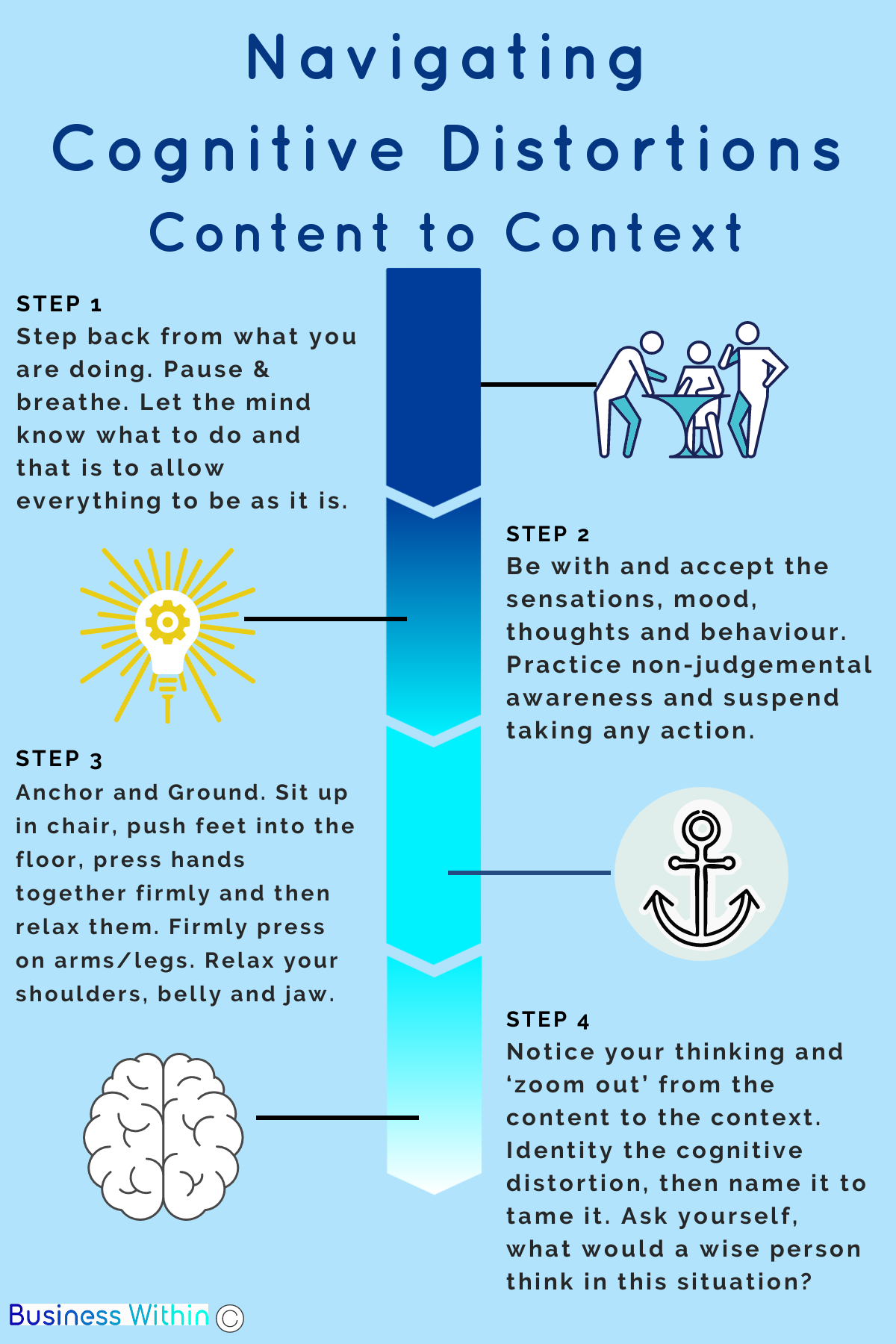How is this relevant to You?
Managing Workplace Stress
How will this support you?
Develop your ability to achieve a successful outcome in the face of adversity
Is this easy to learn?
I’m delivering this stress support series to you in digestible parts for ease of reading and use.
Can you use it straight away?
Over the past ten years of professionally working with individuals and groups, these evidence-based approaches have had the most success for all levels of experience that you can use straight away.
Stress. 1: a force that tends to change the shape of an object. 2: something that causes physical or emotional tension: a state of tension resulting from a stress
We need a certain amount of stress to grow and continually increase our capacity to adapt to changing environments, like a muscle needs stress to grow. However, when we exceed our window of tolerance, the effects can be highly detrimental both personally and professionally.
Stress has environmental/situational, emotional, physical, behavioural, and psychological components. In this part of the stress support series, we focus on thoughts.

Cognitive Distortions – Unhelpful and habitual thinking that cause individuals and groups to perceive reality inaccurately.
“Even a completely healthy perceptive system can, when operating under stress, provide distorted information about the surrounding environment.”
– Kathy Kain.
One of the most common stress responses I notice is clients believing their automatic thoughts. We all get lost in the content of our thinking and then try to rationalize and debate with this content, which usually exacerbates our experience. Here is an evidence-based approach to support you in times of stress.

“Perception can be a source of strength or great weakness”.
– Ryan Holiday, The Obstacle is the Way.
When we are not aware of our cognitive distortions and the feelings involved, we can often project them onto situations at work and make things worse. Consider this question;
“Am I observing the situation accurately, or am I lost in the content of a cognitive distortion and then projecting how I am feeling onto the person/situation?”
Notice what you are noticing.
“Where the head goes, the body follows. Perception precedes action. Right action follows the right perspective.”- Ryan Holiday.
Your brain is constantly rewiring itself with the information you feed it. If you continuously doom scroll on social media or go below the line and complain, gossip, find excuses, blame etc., it will make it much easier for the brain to find things to be upset about, regardless of what’s happening around you.
Likewise, if you constantly search for opportunities, live above the line with accountability, responsibility, and ownership, see positive qualities in people and praise them and things to be grateful for, it will make it much easier to find a reflection of those things around you.
Pause and notice what you are noticing with compassionate, non-judgmental awareness. It takes practice, but this is a proven and powerful way to reshape your reality over time.
Notice that when you dwell on events about the future, anxiety develops.
When you dwell on the past, you’ll feel flat, or depression can creep in.
Pause. Breath. Inhale and Exhale. Allow everything to be as it is…
With compassionate, non-judgmental awareness, be here right now.
The most important thing is the most important thing.
Be present and bring your full attention to the essential task required.
For more tips for supporting your attention, click here.
I know how stressful it can get; you’ve got this!
In service to your success,
Peter



